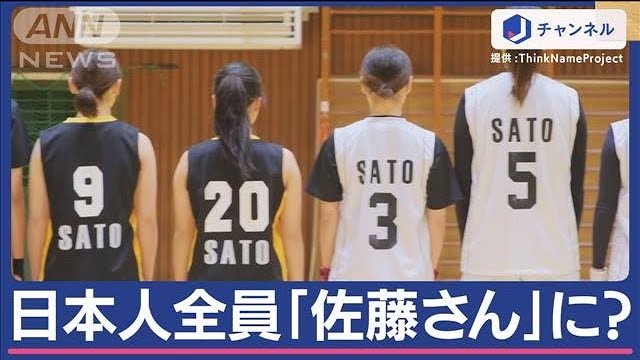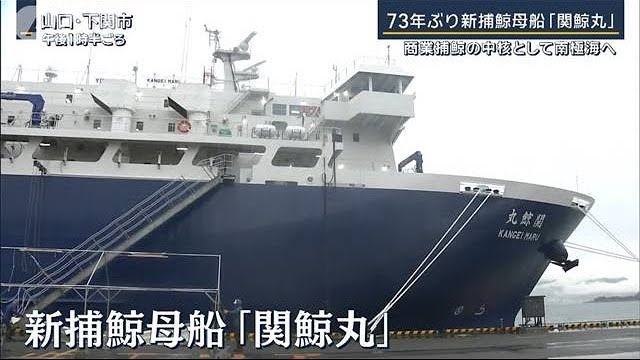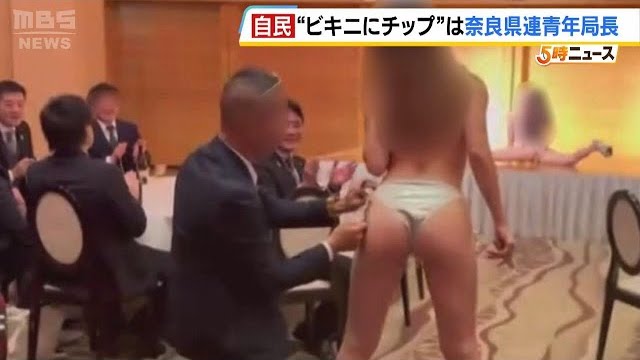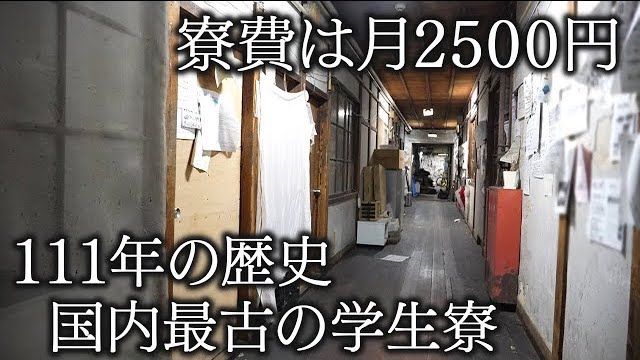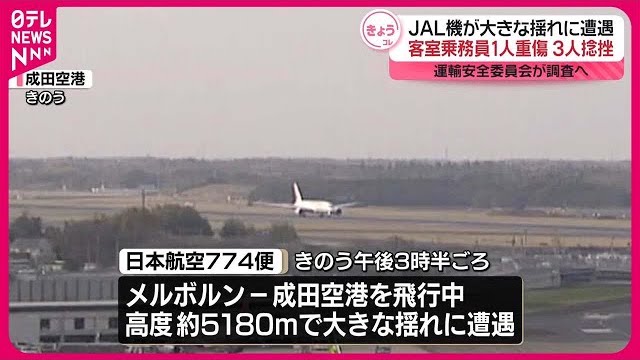A nuclear power plant reactor that was damaged by the 2011 earthquake and tsunami disaster and idled under stricter safety standards following the Fukushima crisis won approval from the nuclear watchdog on Wednesday for operations to resume.
The No. 2 unit of Tohoku Electric Power Co.’s Onagawa plant in Miyagi Prefecture received the green light after the addition of disaster prevention measures, including a towering seawall that is nearing completion.
The approval, given in a unanimous vote, was the first to be secured by the operator under the revised standards. The reactor is only the second of those damaged in the March 2011 calamity to clear the Nuclear Regulation Authority’s new safety regulations, after the Tokai No. 2 power station in Ibaraki Prefecture.
Before the reactor can be restarted, the plant, which straddles the town of Onagawa and the city of Ishinomaki, still needs to finish installing anti-disaster measures, which are expected to be completed in fiscal 2020, and receive consent from the local governments.
Tohoku Electric expects to spend ¥340 billion ($3.1 billion) on the measures, the bulk of that being spent the seawall — which will run along 800 meters of Pacific coast and rise 29 meters above sea level to guard against tsunami as high as 23.1 meters. In the March 2011 disaster, parts of the basement floors of Onagawa’s No. 2 unit were flooded.
Costs for enhanced safety measures have ballooned and are expected to swell further with the construction of facilities to be used in the event of a terrorist attack, also required under the new safety standards.




